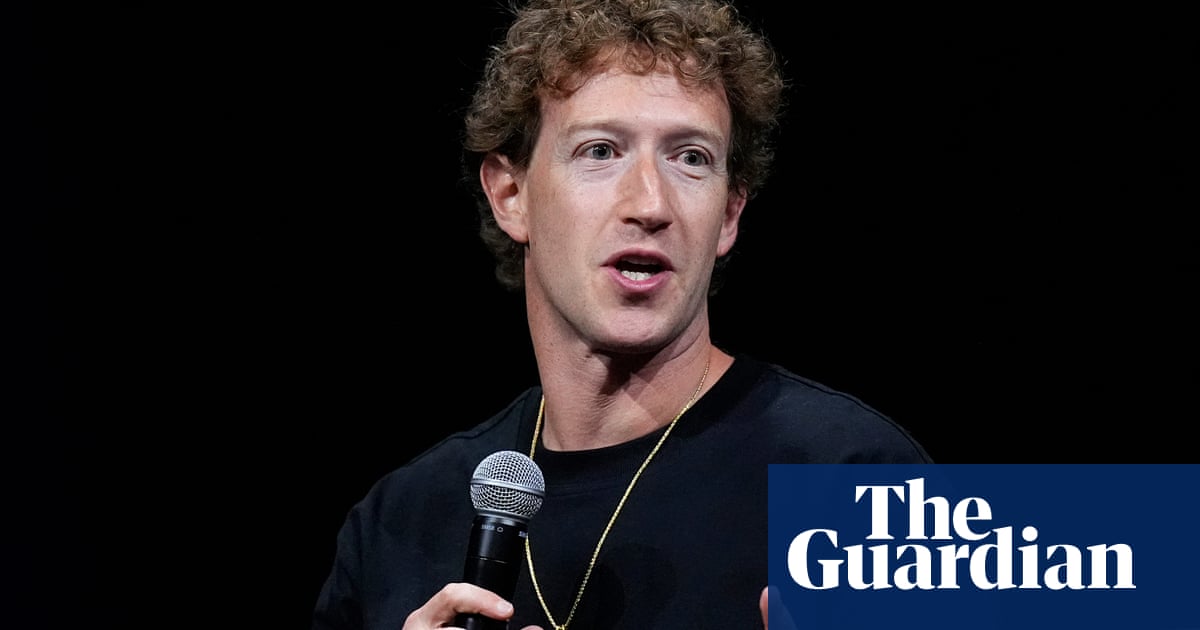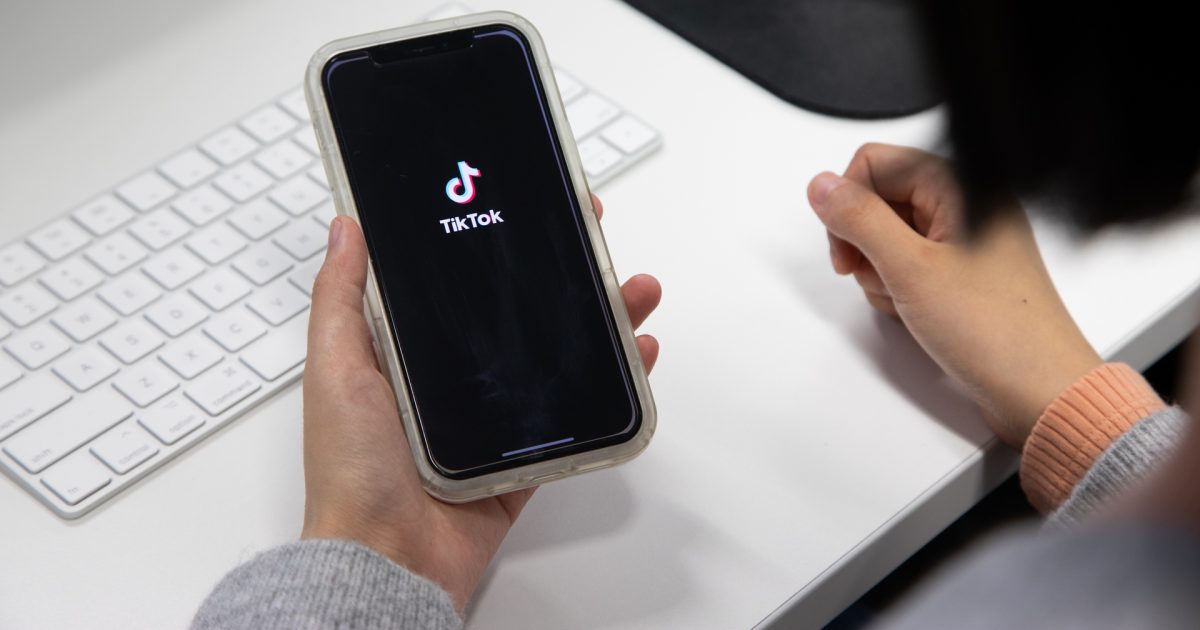Deadline changed as tech firms grapple with Australia’s age check and social media ban laws

- by Admin
- December 18, 2024

Tech companies will have two extra months to finalise plans to restrict children from accessing adult websites, as Australia’s rushed under-16s social media ban legislation forces the sector to grapple with potential crossover issues with the two regulations.
The eSafety commissioner, Julie Inman Grant, announced the extension on Thursday, citing the need for industry to have time to consider the new legislation and how it might intersect with restrictions on adult content.
The codes were due to be submitted to Inman Grant on Thursday, but an extension has been granted until the end of February. Inman Grant will consider the code and there will be a further delay before it accepted and in force.
Under the draft codes released in October, the code would apply to almost every layer a user interacts with the internet: from internet service providers, websites, social media, video games, search engines, gaming companies, and app developers and stores. It would require those services to verify a user is over 18 before allowing access to pornographic content and other explicit content.
Those codes were in the process of being finalised by the sector, but the Albanese government suddenly introduced and passed legislation in parliament that will ban under 16s from social media and require age assurance for every user on those platforms. The new ban will come into effect by the end of next year.
Inman Grant told Guardian Australia that the age assurance trial for the ban is now underway. She said the legislation for the ban was complex and the tech companies required more time to comply – particularly social media platforms.
“I think we need to give them as much certainty as we can, as soon as we can, but if you’re going to have proper consultation, all of this is going to take a little bit of time, so they’ll be working with us in tandem,” she said.
One of the complexities that the adult sites code and the social media ban will face is which regulation will apply to which site: Elon Musk’s X platform hosts adult content, but it is also expected to be designated by the communications minister to restrict access to teenagers under 16.
“The decision ultimately rests with the communications minister in terms of who’s in and who’s out,” Inman Grant said. “I am doing a separate evaluation and a set of risk assessments. We’ll look at all of our complaints data and where we see harms … and we’ll provide an objective, independent assessment for her to consider when the time is right.”
Inman Grant said she was in Washington DC last week meeting with tech companies, US government officials, as well as potential age assurance providers discussing Australia’s social media ban.
“People are taking this seriously … I think companies want to understand what it is they need to do, and they just want some certainty in a timeline.”
The different methods of age assurance will be worked through in the trial, but one age assurance company Inman Grant met with claimed to have a 99% accuracy rate estimating age via people’s hand movements.
The extension comes as new codes come into force on Sunday that require tech companies to police child abuse and terror content on cloud and messaging services that operate in Australia. The codes also require the services to take action against so-called “nudify” apps that use generative AI to create deepfake pornographic images.
Before the codes coming into force, Apple announced a new iMessage feature first rolled out to Australia that allows children to report nude images and video being sent to them directly to the company, which could then report to police.
Inman Grant said discussions had begun with tech companies on how they will comply, and she viewed Apple’s announcement as an “olive branch” where in the past Apple had expressed concern that earlier iterations of the code would have forced the company to weaken end-to-end encryption.
The Latest News
-
December 18, 2024Live: Australia and New Zealand meet for Game I of Rose Bowl series
-
December 18, 2024Live: Aussie dollar sinks to 24-month low after US rate cut
-
December 18, 2024Cruz Hewitt secures entry to Australian Open 2025 qualifying | Sporting News Australia
-
December 18, 2024DP World Tour pro tells unbelievably brutal story about missing the Masters by .01 ranking points – Australian Golf Digest
-
December 18, 2024Australia Day Ferrython – Marine Business News




